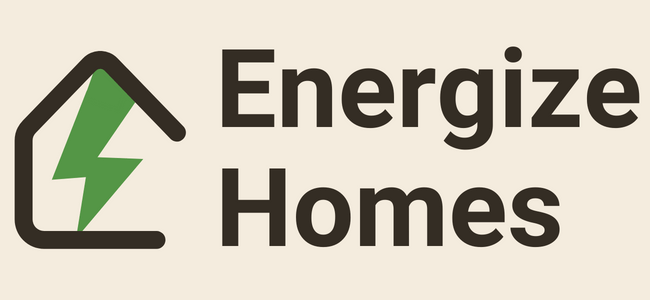How much you can save by using a heat pump
Heat pumps can offer substantial energy bill savings compared to conventional heating systems such as gas furnaces and electric resistance heaters. However, the actual amount you can save depends on a multitude of factors, such as the efficiency of the heat pump, the existing heating system you’re replacing, local energy costs, and climate conditions. Below is an analysis that dives deep into each of these components.
Comparison Table: Savings Estimation
| Parameter | Gas Furnace (AFUE 80%) | Electric Resistance Heater (COP 1) | Heat Pump (COP 3) |
|---|---|---|---|
| Efficiency | 80% | 100% | 300% |
| Energy Cost (per kWh or therm) | $1.70 per therm | $0.15 per kWh | $0.15 per kWh |
| Energy Required for 1000 BTU | 1.25 therm | 0.293 kWh | 0.098 kWh |
| Cost for 100,000 BTU | $2.125 | $4.395 | $1.47 |
Based on the table, switching from a gas furnace to a heat pump could potentially save you $0.125 for every 100,000 BTU produced. However, the real eye-opener is when you switch from an electric resistance heater to a heat pump, where the cost drops from $4.395 to $1.47 for the same amount of heat, leading to substantial savings.
Coefficient of Performance (COP) and Seasonal Coefficient of Performance (SCOP)
Heat pumps are rated by their Coefficient of Performance (COP) and Seasonal Coefficient of Performance (SCOP). Higher COP and SCOP values mean the unit is more efficient. For example, a heat pump with a COP of 3 will deliver 3 units of heat for every unit of electricity consumed. Compare this to an electric resistance heater, which has a COP of 1, and the savings become evident.
Existing Heating System Efficiency
If you’re replacing a gas furnace with an Annual Fuel Utilization Efficiency (AFUE) rating of 80%, with a heat pump having a COP of 3, you could expect significant savings. The higher the efficiency gap between the existing system and the heat pump, the more you save.
Energy Cost
The cost of electricity and gas varies by location. The differential in these costs will impact your savings. Some regions have off-peak electrical rates that can further enhance heat pump savings.
Climate
Heat pumps are generally more efficient in milder climates and may require a supplementary heat source in extreme cold, affecting total savings. Ground-source heat pumps, however, maintain high efficiency even in colder climates.
In summary, heat pumps can offer significant energy bill savings, but the exact amount varies widely based on individual circumstances. Always consider the COP or SCOP, existing heating system efficiency, local energy costs, and climate to get an accurate estimate of potential savings.
